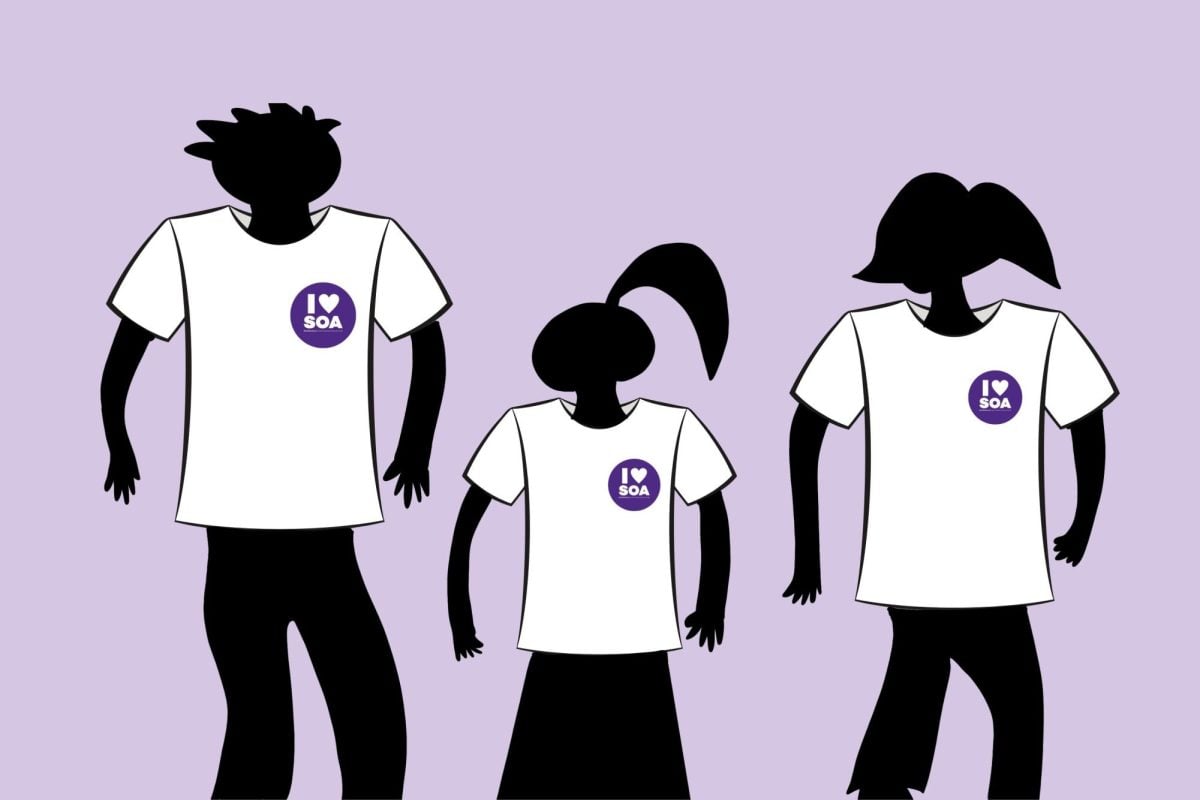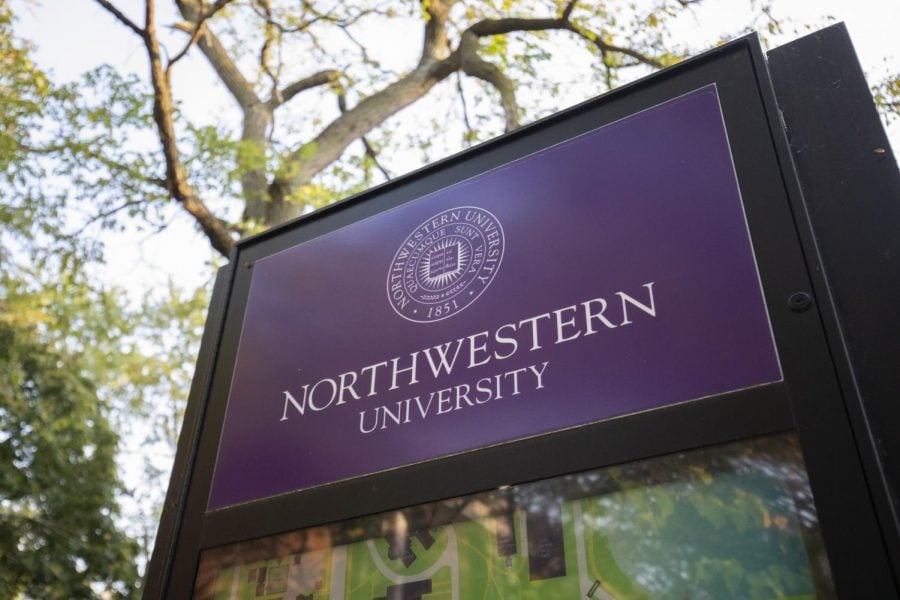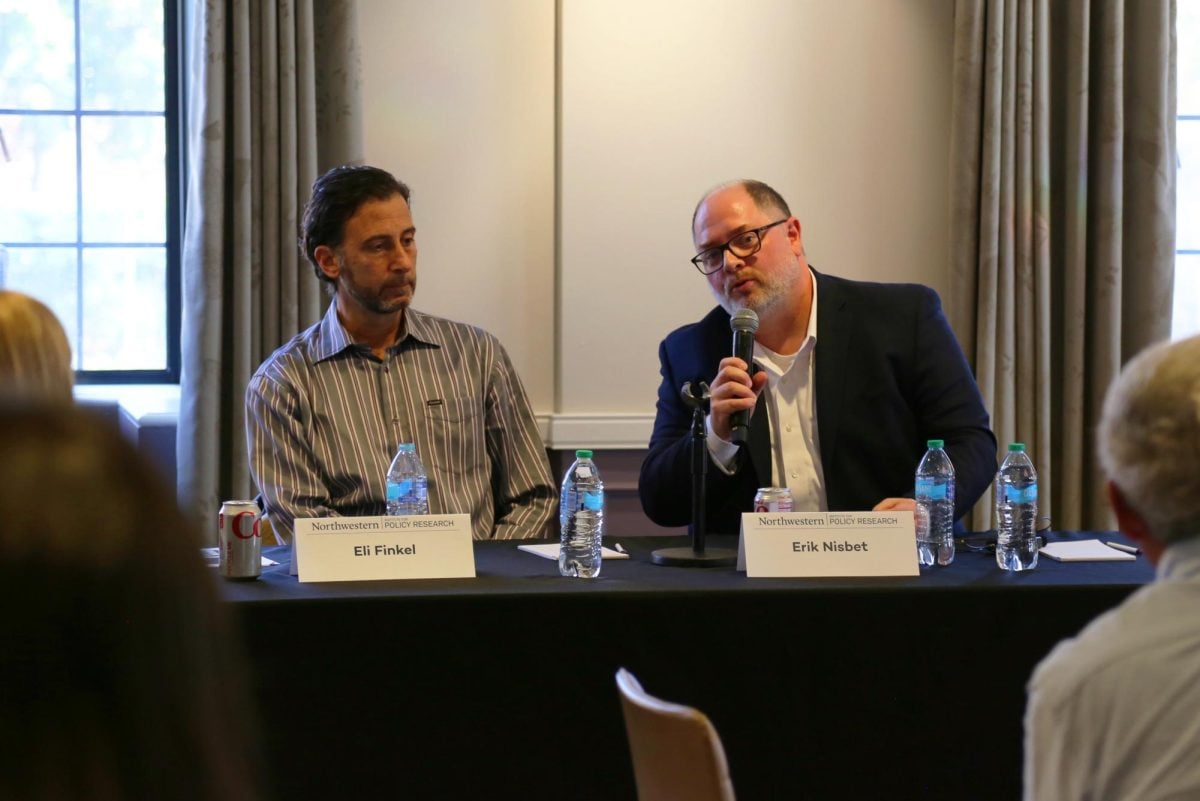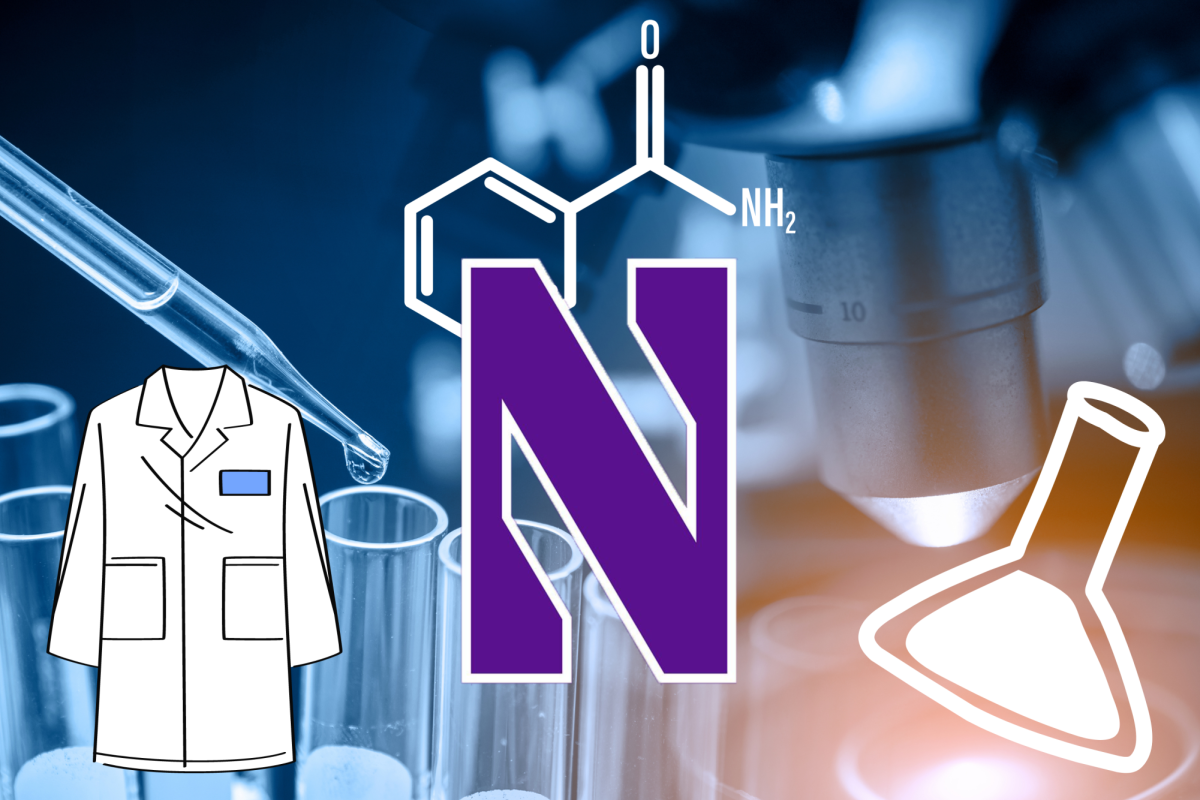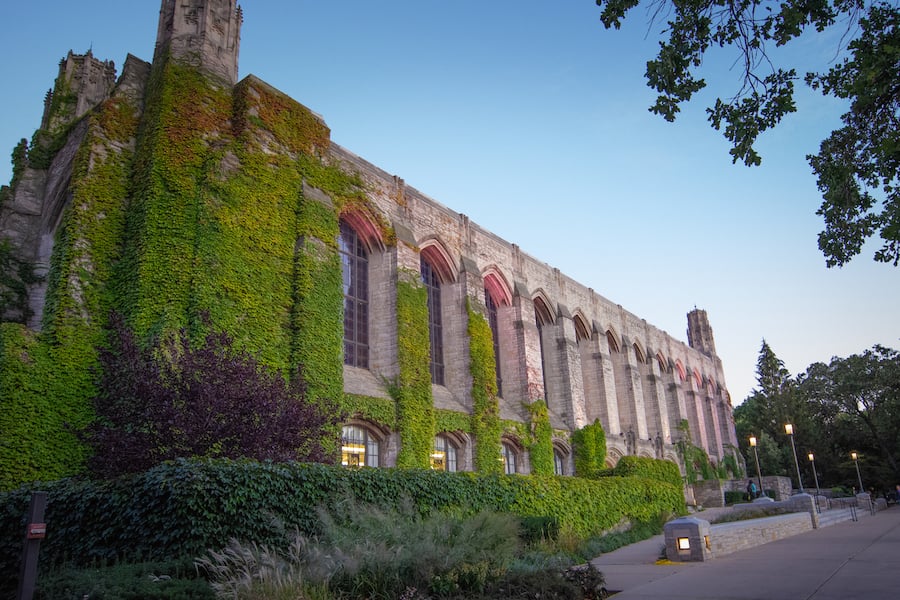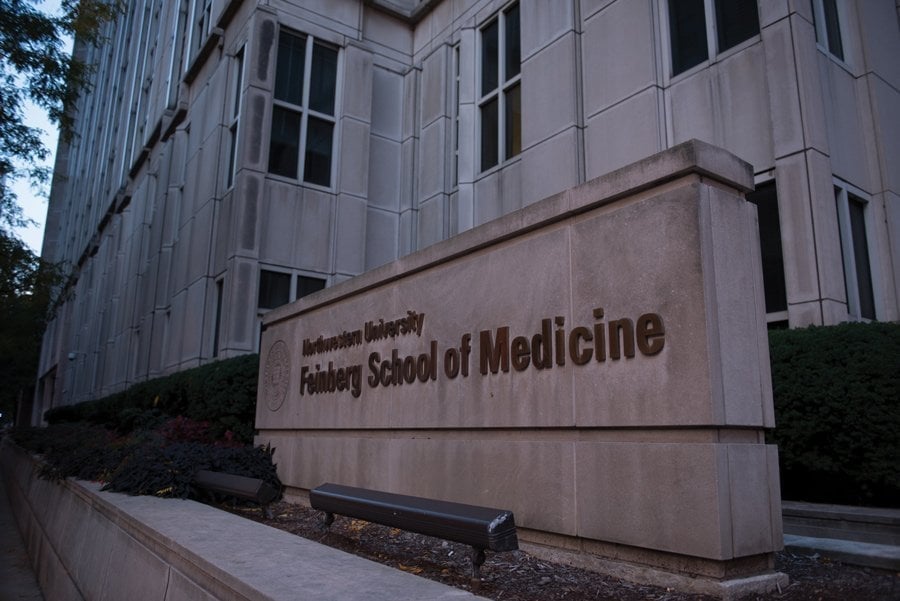A multinational research team that includes Feinberg School of Medicine professor Dr. Shuo Ma is testing a drug that may make a common form of leukemia treatable without the use of chemotherapy.
Led by Dr. Richard Furman of Weill Cornell Medical College, 19 medical centers administered clinical trials of the new drug to qualifying patients. As a principal investigator, Ma offered the treatment to her patients at the Robert H. Lurie Comprehensive Cancer Center, saying it has shown promising results.
Chronic lymphocytic leukemia is a disease of B cells, a type of white blood cell that produces antibodies as part of the immune system. Leukemia cells rely on the B cell receptor, which transmits signals allowing the cancerous cells to survive. The new drug hinders an enzyme that helps facilitate this process.
The drug, idelalisib, is being orally administered in tandem with rituximab, a common current treatment for this form of leukemia. Only 13 percent of patients taking rituximab alone responded to treatment after six months, compared to 81 percent of patients receiving idelalisib. After the study ran for a year, 92 percent of patients receiving both drugs were still living, while 80 percent of patients receiving just rituximab were alive. This difference was so striking the study was cut short and clinics began giving idelalisib and rituximab to all patients, Ma said.
“By blocking the enzyme’s function, it therefore blocks proliferation,” Ma said.
Patients take the drug twice daily until the leukemia cells stop responding. Most patients from the original trial are still taking the drug, and, as with all new medications, it will need to be approved by the Food and Drug Administration before being offered outside of clinical trials. Gilead, the company that produces idelalisib, is working on submitting the drug’s information to the FDA.
“Because it was so effective, the approval (process) has been accelerated,” Ma said.
Historically, it takes various phases across a period of years to complete this process, depending on whether data is found to be sufficient. Ibrutinib, a similar drug that also blocks the B cell-signaling pathway that allows the cancer cells to grow, was the first drug in this category to be approved as a treatment for this type of leukemia in November 2013.
Given that the toxic side effects of chemotherapy can be more harmful to patients than the disease itself, these developments are significant in B cell lymphoma care.
On campus, Northwestern’s Relay for Life raises money to fund cancer research and increase awareness. The event, held at NU in the spring, raises money for the American Cancer Society.
Relay for Life co-chair Bridget Popovic said it was exciting to hear about research for new drugs.
“Anyone who knows someone who’s gone through cancer treatment knows how debilitating that can be,” the McCormick sophomore said. “If there can be any alternatives for someone to replace chemotherapy treatments, it would be fantastic.”
Email: [email protected]
Twitter: @crfarolan



